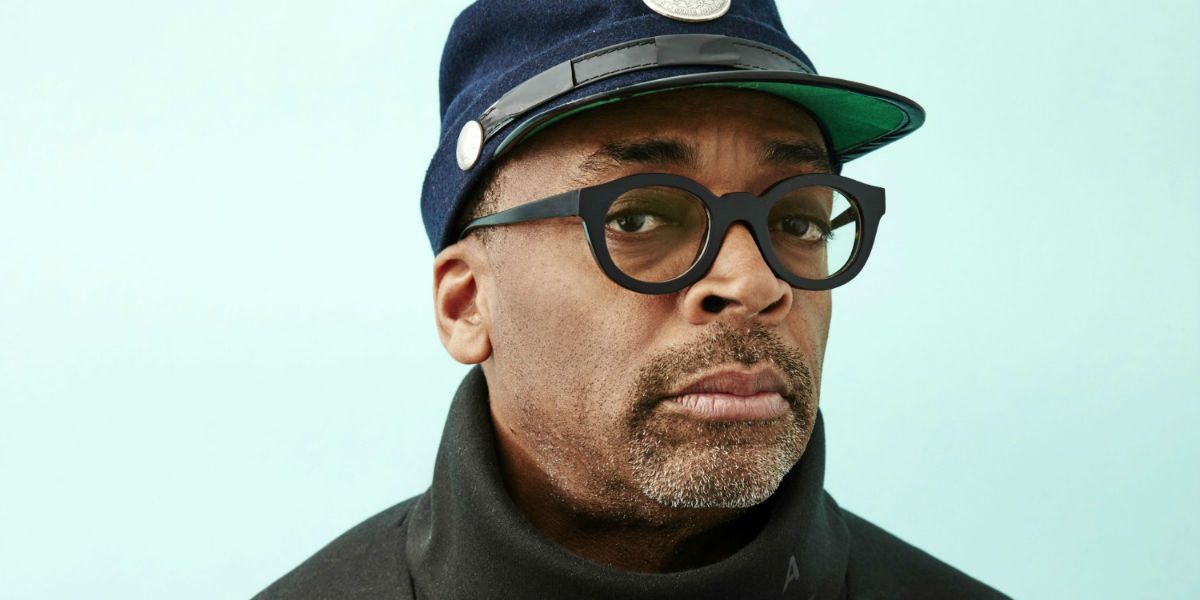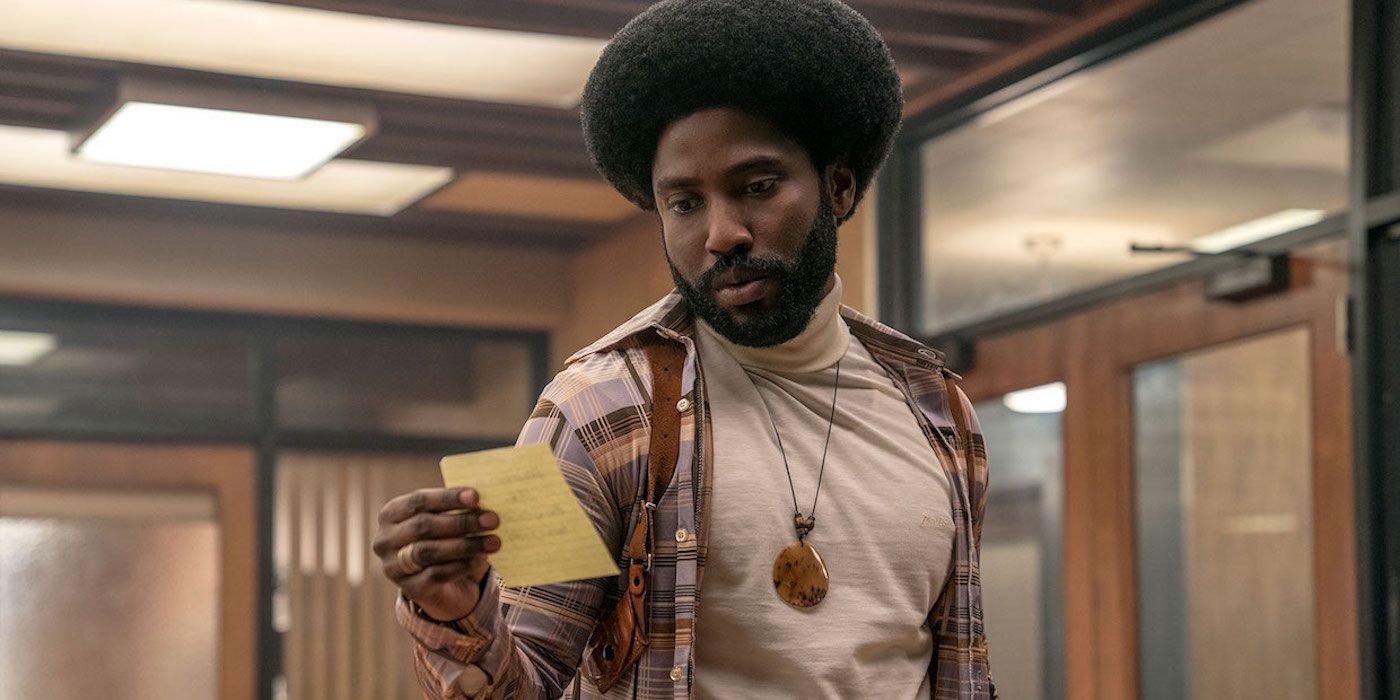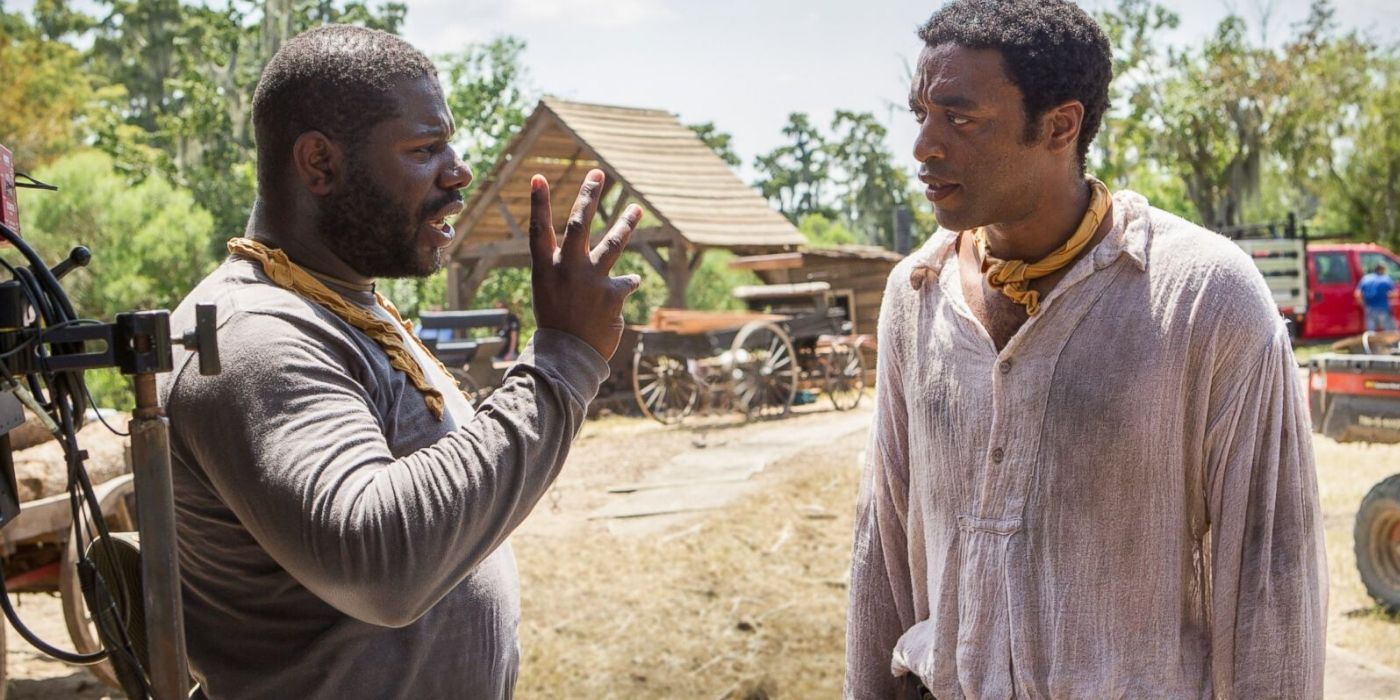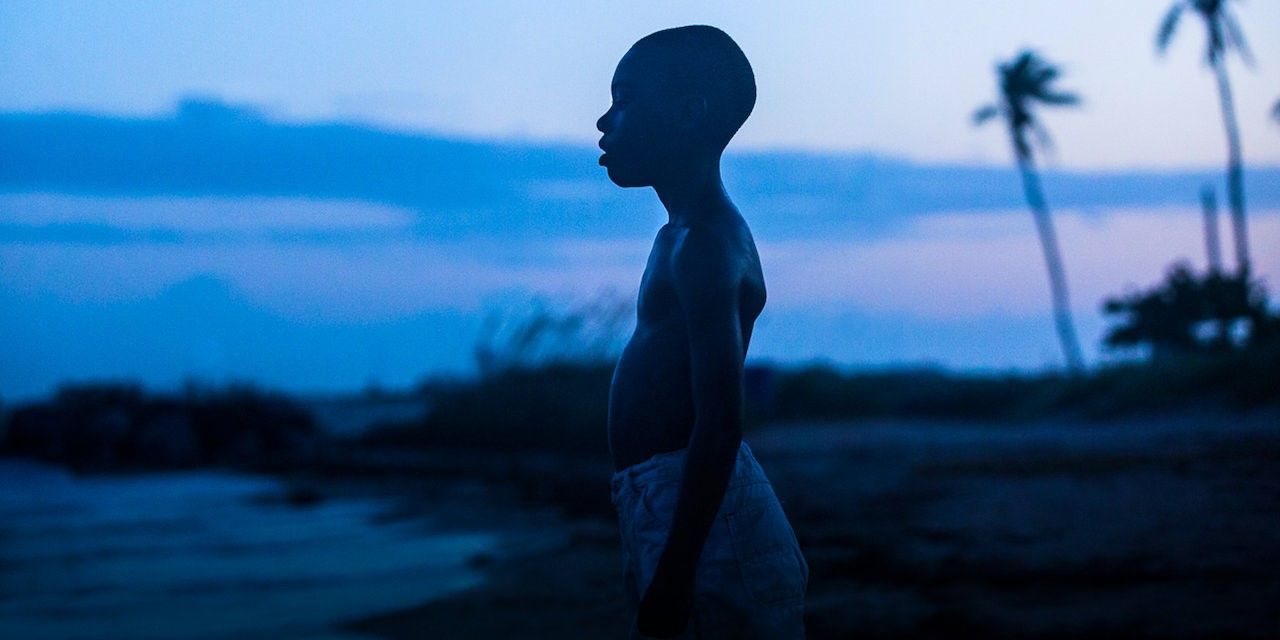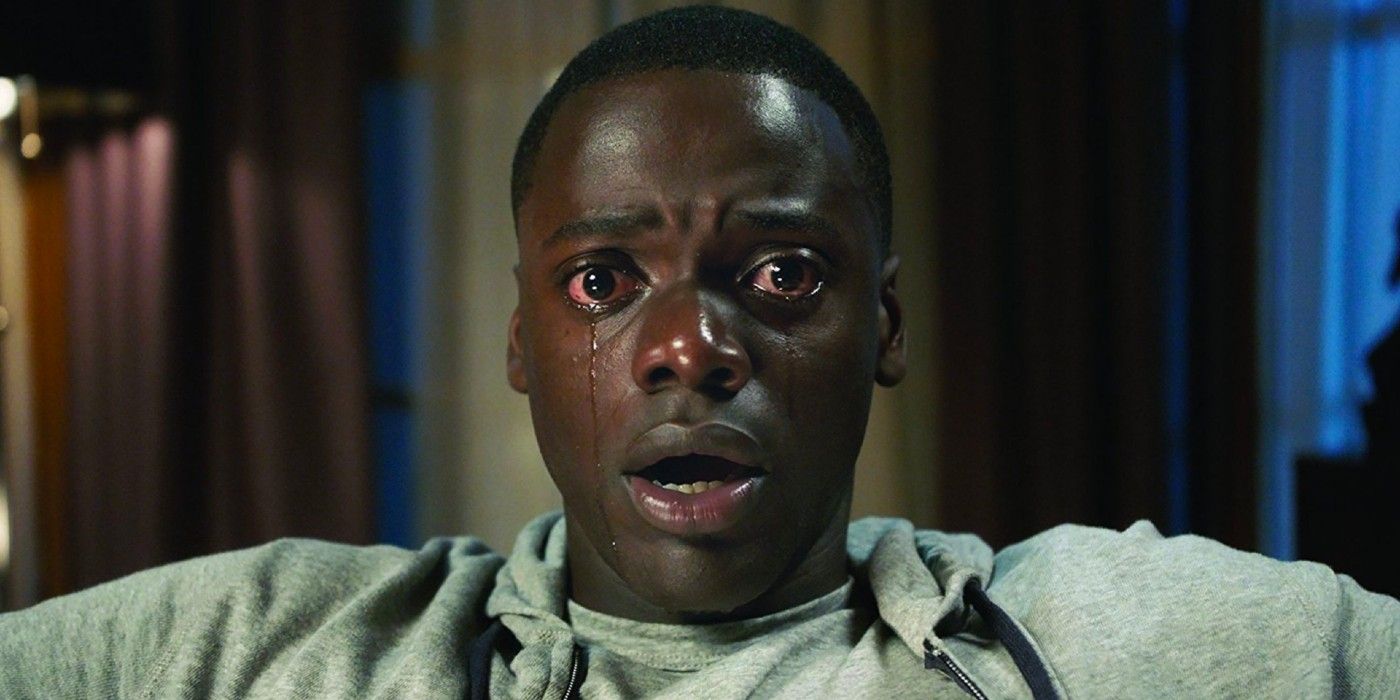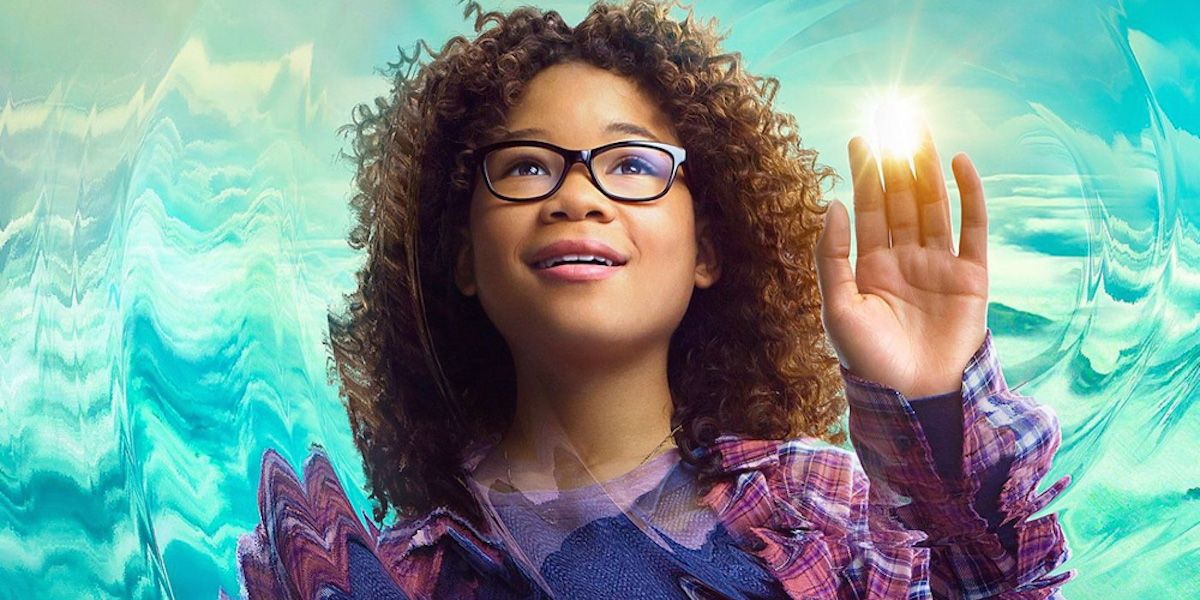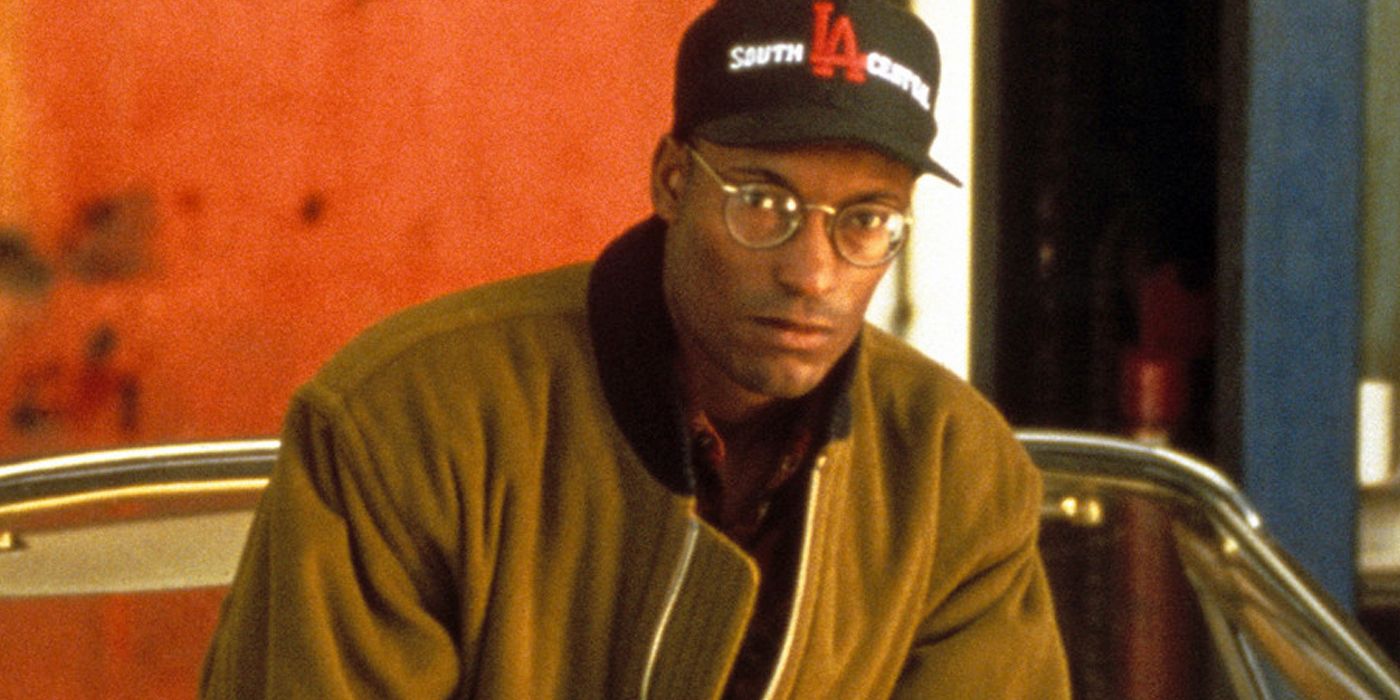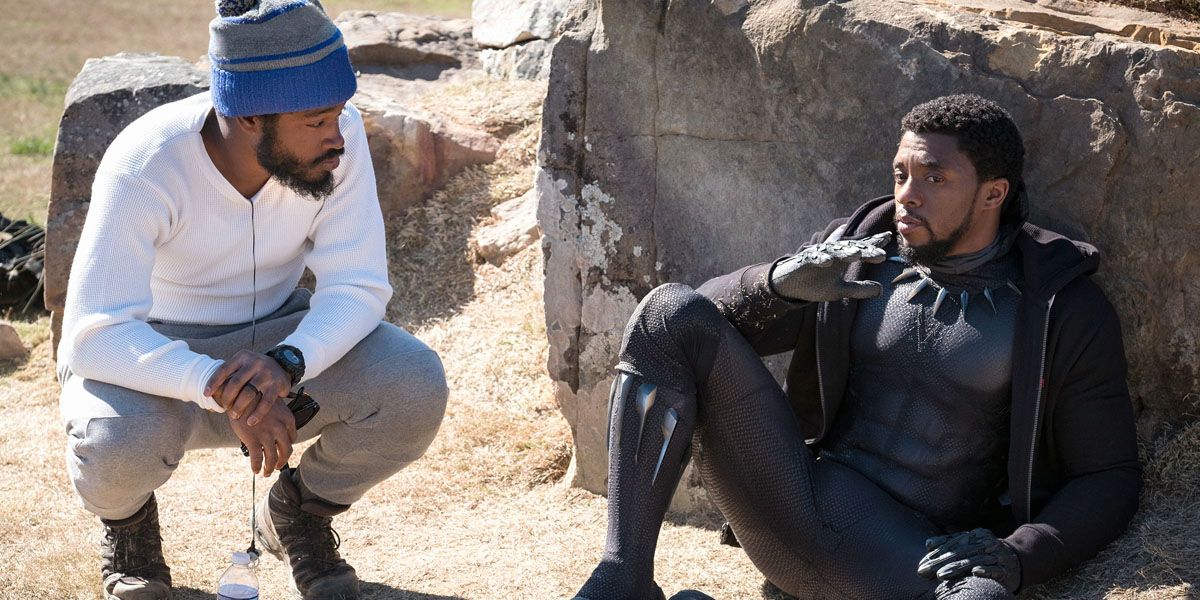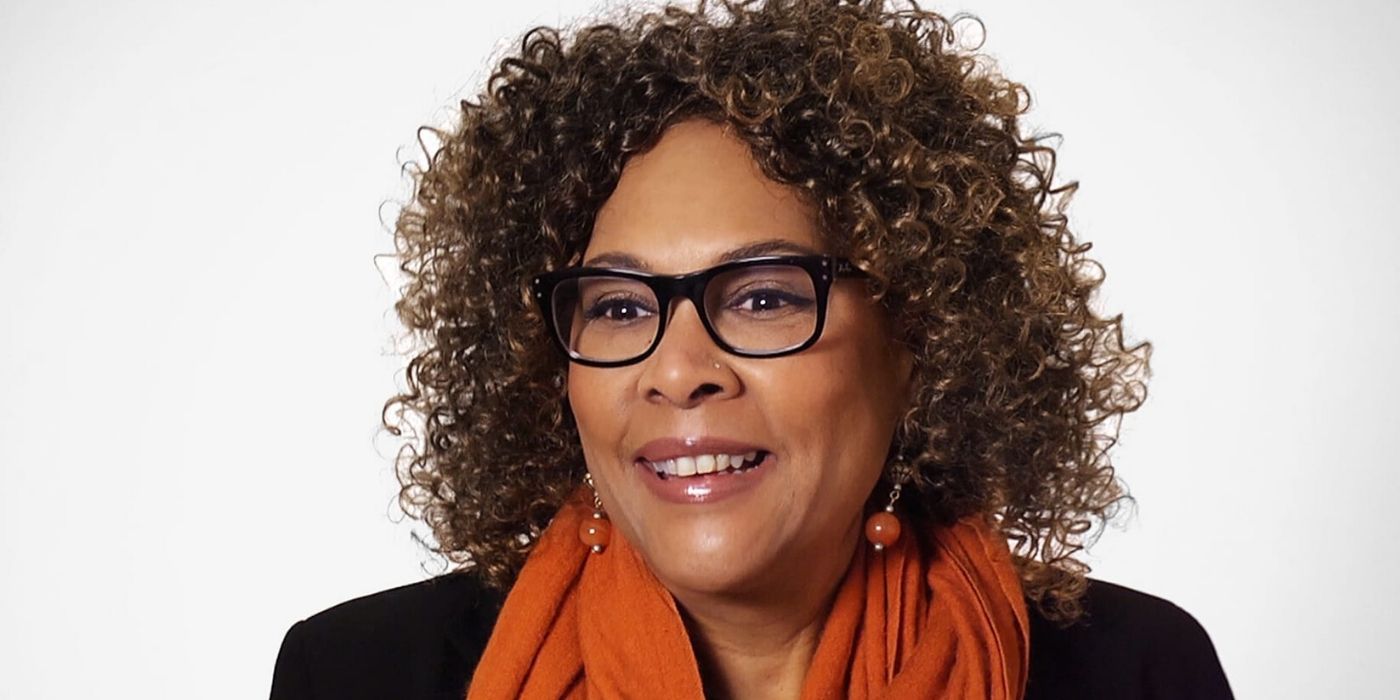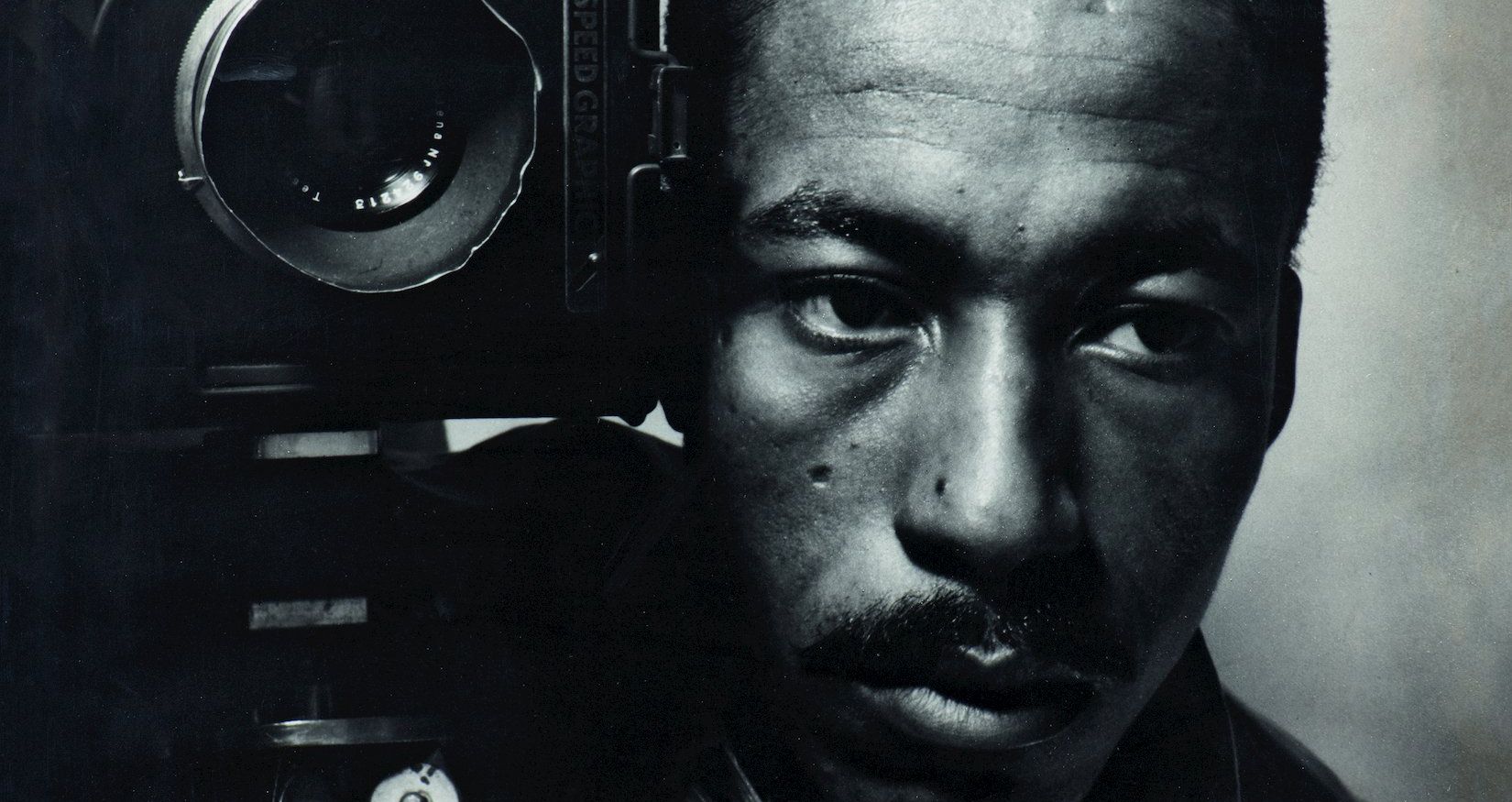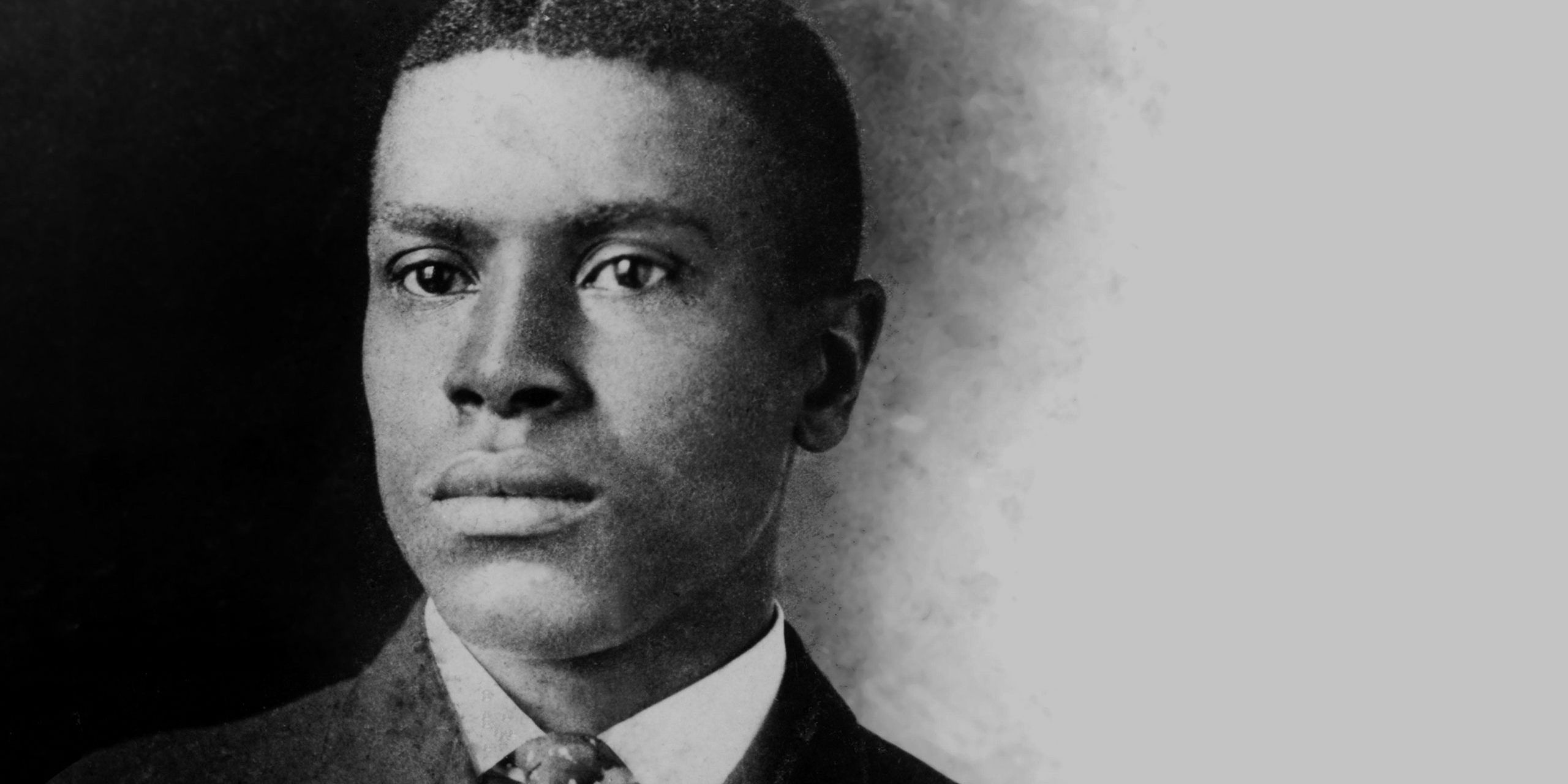Listing major black directors together helps portray just how far these creators have helped push the medium forward. While being black doesn't necessarily connect the directors below (or their movies), many of them share an ability to combine political and social narratives with the art of master filmmaking.
Here's a list of several major black directors that every movie buff should know -- just some of the voices who have made the world of film a more socially-relevant, inventive and interesting place.
SPIKE LEE
Obviously, no list of this kind would make sense without Spike Lee. As one of the preeminent voices in American Film, Lee's influence is detectable across huge swathes of our culture, with a hand in everything from Air Jordans and Taco Bell to the very idea of a director with a celebrity persona. In terms of movies, it's difficult to sum up his mammoth back catalog in a single way, but much of his work can be linked by a laser focus on the choices his characters make, and the often racially-charged consequences of those choices. This is typified in Do the Right Thing, which asks what happens when race and stereotypes clash with real life on a searingly hot day in Bed-Stuy.
All of Lee's movies are known for their "Spikeisms," directorial inputs that inject moments of surreal high drama. His most iconic trick being the double dolly shot, where characters appear to glide through their surroundings. The final scene of Oscar-winning Blackkklansman uses the technique to carry Ron and Patrice towards their white supremacist foes, whether they want to meet them or not. Watching a Spike Lee movie is always a thrill -- despite being active for over four decades, he creates with the freedom of a film-school student. The difference is that Lee's directorial decisions are usually perfectly weighted.
STEVE MCQUEEN
Before becoming the first black director to win Best Picture at the Oscars for 12 Years a Slave, McQueen's movies drew from his background as a major British conceptual artist. Shame and Hunger are full of slow, brooding scenes and moments of quiet humanity magnified to the extreme -- including the best scene of somebody mopping a floor in movie history. Those stylistic traits are still detectable in his major hits, such as the way the camera doesn't flinch in 12 Years when Chiwetel Ejiofor's character Solomon is forced to whip his friend and fellow slave Patsey, played by Lupita Nyong'o.
BARRY JENKINS
As directors, Barry Jenkins and Steve McQueen share a few career milestones, both winning Oscars for movies that portray black men coming into contact with the dominant forces of their day. Moonlight will forever be linked with the infamous moment when its Oscar for Best Picture was mistakenly given to La La Land, but the movie itself spirals through time, joining the dots across Chiron's coming of age. Before Moonlight, Jenkins had another run-in with the 12 Years a Slave director, as moderator for a Q&A on McQueen's movie at Telluride Film Festival. It was during this meeting that the then 34-year-old Jenkins shared his vision for Moonlight with Brad Pitt's production company Plan B, among other producers, drawing a direct line between two of the most important films so far this century.
JORDAN PEELE
By taking classic sci-fi and horror premises, and infusing them with his trademark Key & Peele humor, Jordan Peele has produced two of the most entertaining and socially telling movies of recent years in Us and Get Out (both with compelling black lead characters). While his reboot of The Twilight Zone may not have been universally loved, Peele clearly has an encyclopedic knowledge movie and TV history, which he'll no doubt put to good use in his upcoming reworking of Candyman alongside director Nia DaCosta.
AVA DUVERNAY
Ava DuVernay is the first black woman to have directed a film grossing over $100 million with A Wrinkle in Time. She is also the first black woman to win the Best Directors award at the Sundance Film Festival for Middle of Nowhere. The two movies are pretty far apart in terms of audience and subject, but they both feature strong female characters and contend with the idea of being held by forces beyond one's control. These are themes that recur throughout DuVernay's career, from a biopic on MLK in Selma to documentary 13th, threading a line from slavery to today's prison system -- to her first feature, I Will Follow, which explores what happens when a family member dies and relatives are left to navigate the aftermath. DuVernay loves to shoot characters from below, often in high contrast and backlit by sunlight, turning them into statuesque figures of power and defiance.
JOHN SINGLETON
John Singleton is known to most people as director of the seminal Boyz n the Hood, which he wrote by drawing upon his own experiences in South Central LA. But his movie reel includes a wide array of feature film and TV work before he sadly passed away last year. Singleton directed Poetic Justice, starring Janet Jackson, as well as guest directing on shows such as Empire and Billions. He most recently co-created Snowfall (also directing the pilot), the 2017 FX drama about the original crack cocaine epidemic in Los Angeles, during the early 1980s.
RYAN COOGLER
Black Panther did more than add another string to the MCU bow. As well as being the highest-grossing (solo) superhero movie, it's also the highest-grossing film by a black director and the highest-grossing film starring a primarily black cast. As the movie's director, this kind of record-smashing helped earn Ryan Coogler an NAACP Image Award for Outstanding Writing in a Motion Picture, as well as a spot on the shortlist for TIME person of the year. Right now Coogler is no doubt busy, and perhaps a little stressed, as he has the responsibility of following up Black Panther with a sequel, while also producing another beloved and long-awaited sequel, Space Jam: A New Legacy.
JULIE DASH
Julie Dash holds the accomplishment of being the African American woman to direct a feature with a general theatrical release in the US. Daughters of Dust, also her first feature, depicted an early twentieth-century family living on an island off the coast of South Carolina, debating whether the mainland has matured enough to become their new home. Dash later returned to the story in a novel by the same name.
GORDON PARKS
Parks might be better known to some as a photojournalist, having taken some of Life and Vogue magazines' most iconic shots, such as his series on neighborhoods of Chicago's South Side, as well as portraits of major figures of Black History including as Malcolm X, Stokely Carmichael and Muhammad Ali. But Parks' films are equally influential -- Shaft brought us one of Hollywood's most iconic detectives and an Oscar-winning soundtrack from Isaac Hayes, while his adaptation of The Learning Tree explored the life of a Newt Winger, a black teenager growing up in 1920s rural Kansas, who becomes mixed up in a murder.
OSCAR MICHEAUX
As the first African American filmmaker thought to produce and direct a feature film, Oscar Micheaux seems like a fitting director to close out this list. The Homesteader, released in 1919, tells the story of Micheaux's own experiences of homesteading in a predominately white area of rural South Dakota. Micheaux also wrote the novel upon which The Homesteader was based, and was required to found his own production company to fund the movie through to completion -- underlining the gargantuan efforts Micheaux displayed through his career, which includes an astonishing forty-four feature films and seven novels.

